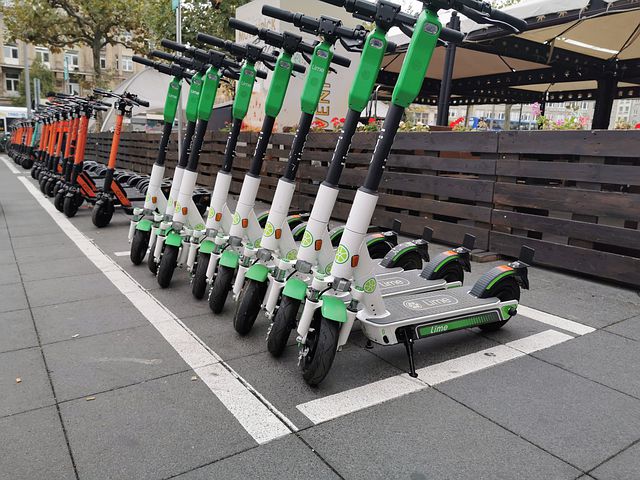
Tāmaki Makaurau – New Zealand has hit the third anniversary of the e-scooter revolution. What is the future? Is it that important? What about supporting e-scooters in the cause of climate change?
Heaven help if ACC wants e-scooter riders to pay ACC levies. But a legal case has been launched this week against e-scooters on footpaths.
An organisation for people who walk, Living Streets Aotearoa, has filed a claim in the High Court in Auckland against the decisions of Auckland Council and the NZTA which resulted in e-scooters being used on the city’s footpaths. Walking organisation Living Streets is seeking a judicial review of those decisions.
When e-scooters appeared in late 2018, providers of the scooters dropped them into high-density urban areas where they would be well-used.
When they first hit the streets, many believed they were a trend that would fade. In some ways, that’s turned out to be true.
In 2019, e-scooter-related injury claims totalled $6.5 million. Annual claims have decreased dramatically since then.
This is a good indicator that those who are still using e-scooters are scooting more safely. ACC has paid out nearly $17 million in e-scooter-related injuries in under three years.
E-scooters are a great way to help fight the climate crisis. But they don’t give the health benefits of purely human-powered riding. But they certainly warrant a place in the transport system. Trouble is they’ve arrived on the scene with inadequate regulations in place.
While electric vehicles are the future, their diminutive cousin, the e-scooter, hasn’t been taken nearly as seriously. But they are the subject of intense debate at city council level.
Safety data specific to e-scooters is gradually accumulating and variable conclusions have been reached, but some assessments suggest that the rates for emergency department visits and fatalities are similar to those for bicycles.
The reality is the world needs to embrace a range of e-vehicles and other low-impact transport options if the planet is to have any hope of meeting key urban planning and climate objectives.



